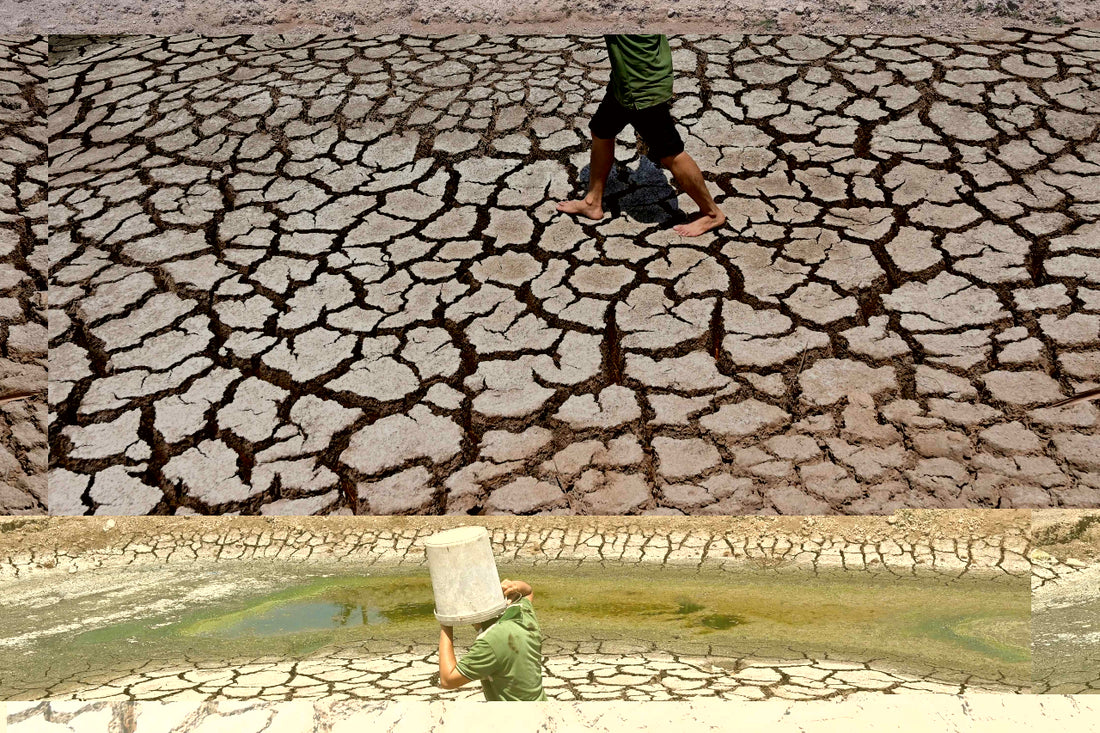
Climate Change Will Shrink The Average Income By a Fifth
Share
A new study published in Nature warns of significant economic damage caused by climate change. Even with aggressive cuts to carbon emissions, the global economy is projected to shrink by about 20% by 2050, representing a loss of $38 trillion.
Key Findings:
- Locked-in Damage: Regardless of future emission cuts, existing CO2 emissions will cause economic losses.
- The Sooner, The Better: Aggressive action to reduce greenhouse gas emissions now can prevent even greater economic devastation in the future. By staying below the 2°C warming target set by the Paris Agreement, income losses could be limited to 20% compared to a staggering 60% in a high-emission scenario.
- Unequal Burden: Developing countries, who contribute the least to climate change, are expected to be hit the hardest. They lack the resources to adapt to rising temperatures, extreme weather events, and other climate impacts.
- Rich Nations Not Immune: While poorer nations face a 60% greater income loss than richer ones, even developed countries like Germany, the United States, and France are expected to see an 11-13% decline in income by 2050.
The Importance of Action:
This study highlights the urgency of addressing climate change. While some of the damage is unavoidable, taking action now can significantly reduce future economic losses. Investing in clean energy and emissions reduction strategies will be far less expensive than dealing with the consequences of inaction.
Limitations and Considerations:
- The study may underestimate the total cost of climate change by excluding factors like sea-level rise and the decline of major tropical forests.
- Economists debate the most cost-effective timing for climate action. Some argue for immediate investment, while others believe advancements in technology will make future mitigation cheaper.
The study's findings provide valuable insights for:
- Cost-benefit analyses: The estimated economic impacts can help assess the value of climate action compared to the costs of inaction.
- Government strategies: Governments can use these findings to develop adaptation plans and prioritize investments in climate-resilient infrastructure.
- Business risk assessments: Businesses can factor potential climate impacts into their long-term strategies.
- International negotiations: The study strengthens the case for providing compensation to developing nations disproportionately affected by climate change.
By taking decisive action now, we can minimize the economic damage caused by climate change and ensure a more prosperous future for all.
You’ve come this far…
Why not venture a little further into A.S.S. - our exclusive Australian Space Society.
And keep thrusting Australia into the deep unknown…
#Space_Aus




